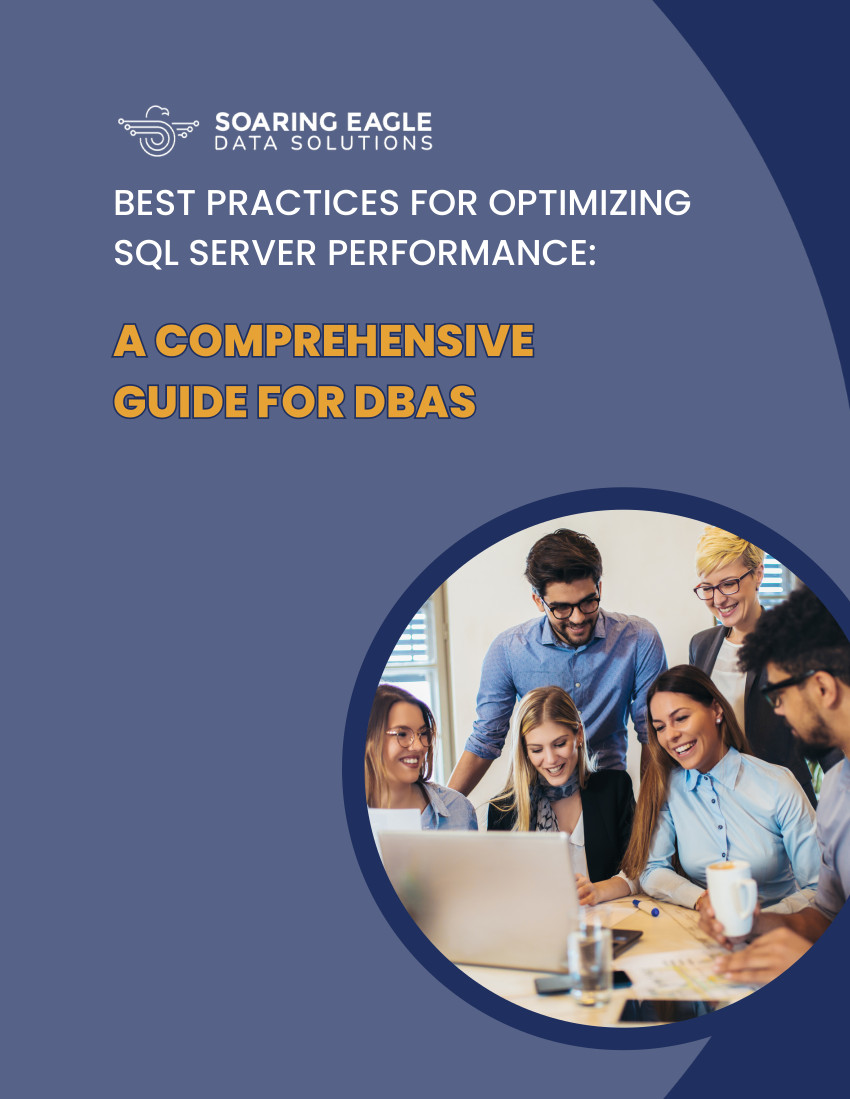
Often, database and data warehouse are used interchangably. We're here to clean up the confusion!,
What is a Database?
A database is a group of data stored in tables, which consists of rows and columns that represent attributes. Each one of the rows in the database represents a single entity.
A Database Management System is the software used to help manage databases. Some of the most popular DBMS include MySQL, MSSQL, Oracle, and PostgreSQL. Users write queries in Structured Query Language (SQL) to manage the data stored in the database. The method of executing queries in the database is called Online Transactional Processing.
What is a Data Warehouse?
Business Intelligence helps improve the business. It turns data into useful information for business analyzing and supports business insights for end-users.
A company can have several databases by Oracle, MySQL, etc. As it is not possible to directly visualize the data in these databases, data warehouses provide a solution. Data warehouses take data, perform integration, and process data that can be used for visualization. Data warehouses are subject-oriented, integrated, time-variant, and nonvolatile.
The method for extracting data from source systems and taking it into the data warehouse is called ETL, which stands for extraction, transformation, and loading. Then the data warehouse performs analytics using OLAP strategy, which means Online Analytical Processing. Lastly, the analyzed data can be loaded into data visualization tools for data analysts and data scientists to take business insights. Moreover, the information in the data warehouse can be sorted into data marts, which contain data for specific users and provide more security and data integrity.
Usually, the data warehouse is in a separate location from the standard operational databases. One important thing to note is that a data warehouse is not a product a company can purchase. It should be designed according to company requirements.
Critical Differences Between Data Warehouse and Database
Some essential differences between data warehouses and databases are listed below:
Databases are mainly used for recording data. On the other hand, data warehouses are designed for analyzing data. Databases are normally optimized for read-write operations of single-point transactions, while data warehouses are applied for big analytical queries.
Databases are a collection of application-oriented data. On the contrary, data warehouses focus on a category of data. Databases are limited to single applications and aim only at one process at a time. Data warehouses provide storage for data of any given number of applications. They may contain countless applications as needed.
Another difference between database and data warehouse is that databases are real-time data providers, while warehouses serve as a source of data to be accessed for analysis and decision making.
Data-driven business environments can work if they have fast and reliable databases and data warehouses for recording, analyzing, and accessing data. It is vital to understand the difference between database and data warehouse to allow real-time data migration.
Contact Soaring Eagle Consulting for a Free Database Evaluation Today
Getting started is simple. Click the button below to request your free one-hour database assessment from the DBA experts at Soaring Eagle Consulting®.
If you Liked this article you should read this one on Database Scalability


